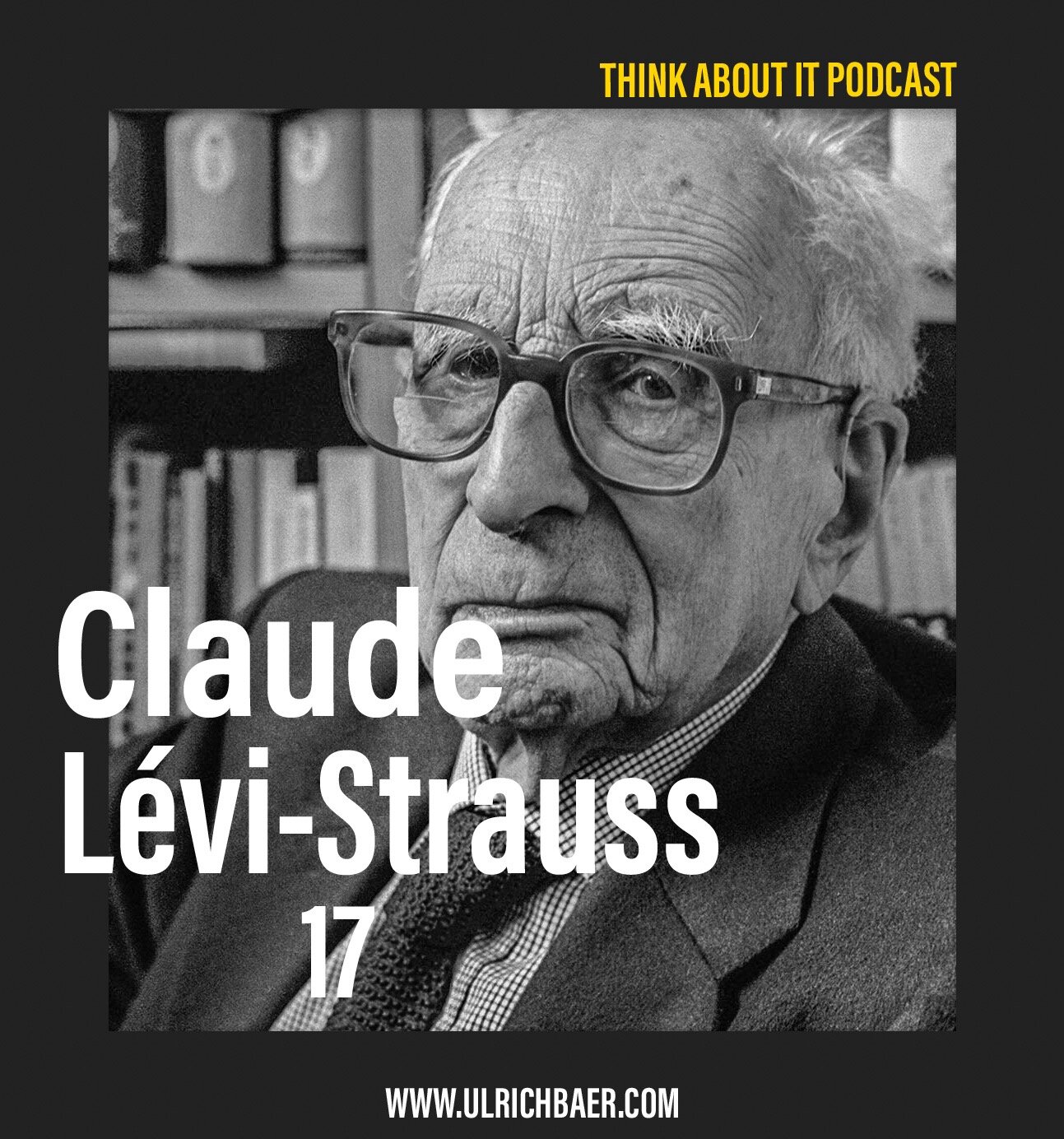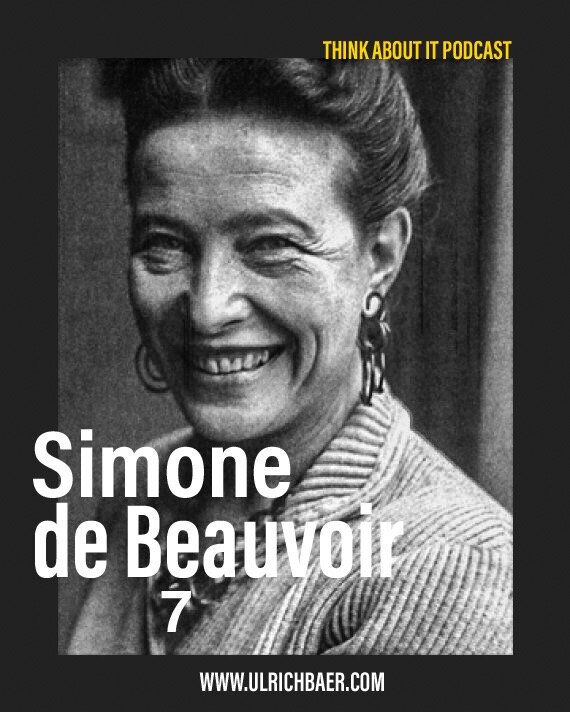Books That Change the World By Giving Voice to Something New
BOOK TALK EPISODES
BOOK TALK 46:
HAITIAN REVOLUTION IN LITERATURE, with Marlene Daut (University of Virginia)
BOOK TALK 45:
Martin Buber's I and Thou, with Paul Mendes-Flohr (University of Chicago and Hebrew University in Jerusalem)
BOOK TALK 44:
HANNAH ARENDT BY SAMANTHA HILL (ASSIST. DIRECTOR "HANNAH ARENDT CENTER FOR POLITICS AND HUMANITIES" | PROFESSOR OF POLITICS BARD COLLEGE, NEW YORK STATE)
BOOK TALK 43:
RAINER MARIA RILKE by Mark Wunderlich (Poet/Writer/Teacher & Director of Creative Writing at Bennington College, Vermont)
GREAT BOOKS 41:
F. Scott Fitzgerald's The Great Gatsby, with John Collins (Founding Artistic Director of Elevator Repair Service Theater Company)
(READ MORE)
GREAT BOOKS 40:
Sui Sin Far's Mrs. Spring Fragrance, with Mary Chapman (University Of British Columbia)
(READ MORE)
GREAT BOOKS 39:
Jane Johnston Schoolcraft, with Robert Dale Parker (University of Illinois)
GREAT BOOKS 38:
James Weldon Johnson's The Autobiography of an Ex-Colored Man, with Melissa Daniels-Rauterkus (University of Southern California)
(read more)
GREAT BOOKS 33:
Oscar Wilde's The Picture of Dorian Gray, with Professor Nicholas Frankel (Virginia Commonwealth University)
(read more)
GREAT BOOKS 31:
MICHEL FOUCAULT, WITH PROFESSOR ANN STOLER (NEW SCHOOL FOR SOCIAL RESEARCH)
(read more)
GREAT BOOKS 30:
ALBERT CAMUS'S THE PLAGUE, WITH PROFESSOR CAROLINE WEBER (BARNARD/COLUMBIA UNIVERSITY)
GREAT BOOKS 29:
DANIEL DEFOE'S JOURNAL OF THE PLAGUE YEAR, WITH PROFESSOR JENNY DAVIDSON (COLUMBIA UNIVERSITY)
GREAT BOOKS 28:
IMMANUEL KANT, WHAT IS ENLIGHTENMENT?, WITH PROFESSOR BÉATRICE LONGUENESSE (NYU)
GREAT BOOKS 27:
AMERICA'S INTELLECTUAL INDEPENDENCE: RALPH WALDO EMERSON, WITH EDUARDO CADAVA
GREAT BOOKS 24:
Jean-Jacques Rousseau’s Discourse on Inequality, with Professor Melissa Schwartzberg (NYU)
GREAT BOOKS 21:
Hannah Arendt, with Professor Richard Bernstein (The New School for Social Research)
GREAT BOOKS 20:
Phillis Wheatley & African American poetry with Professor Rowan Ricardo Phillips (SUNY Stony Brook)
GREAT BOOKS 19: Samuel Beckett, with Professor Nicholas Johnson (Trinity College Dublin)
GREAT BOOKS 18: Jessica Benjamin's The Bonds of Love, with Jessica Benjamin
GREAT BOOKS 17: Claude Lévi-Strauss's Tristes Tropiques, with Professor Denis Hollier (NYU)
GREAT BOOKS 16: Paul Celan's Poetry, with Professor Amir Eshel (Stanford University)
GREAT BOOKS 15: Mary Shelley's Frankenstein, with Professor Julie Carlson (University of California, Santa Barbara)
GREAT BOOKS 14: Ralph Waldo Ellison's Invisible Man, with Professor John Callahan (L
iterary Executor for Ralph Ellison)
GREAT BOOKS 13: Art Spiegelman's Maus, with Professor Hilary Chute (Northeastern University)
GREAT BOOKS 12: Sigmund Freud's Civilization and its Discontents, with Professor Peter Brooks (Princeton University)
GREAT BOOKS 11: Zora Neale Hurston's Their Eyes Were Watching God, with Professor Deborah Plant (Editor of Hurston’s works)
GREAT BOOKS 10: Nella Larsen's Passing, with Professor Emily Bernard (University of Vermont)
GREAT BOOKS 9: Marcel Proust's In Search of Lost Time, with Professor Caroline Weber
(Barnard/Columbia University)
GREAT BOOKS 7: Simone de Beauvoir's The Second Sex, with Professor Catharine Stimpson
(NYU)
GREAT BOOKS 6: Kahlil Gibran's The Prophet, with Glenn Wallis (Incite Seminars)
GREAT BOOKS 5: James Baldwin's Another Country with Professor Rich Blint (The New School)
GREAT BOOKS 4: Nathaniel Hawthorne's The Scarlet Letter, with Professor Carol Gilligan (NYU)
GREAT BOOKS 3: Virginia Woolf's To the Lighthouse, with Professor Jared Stark (Eckerd College )
GREAT BOOKS 2: “You must not tell anyone…” Maxine Hong Kingston’s The Woman Warrior, with Professor Ava Chin (
City University of New York /
College of Staten Island)
GREAT BOOKS 1: Chinua Achebe's Things Fall Apart, with Professor Manthia Diawara
(NYU)
















































